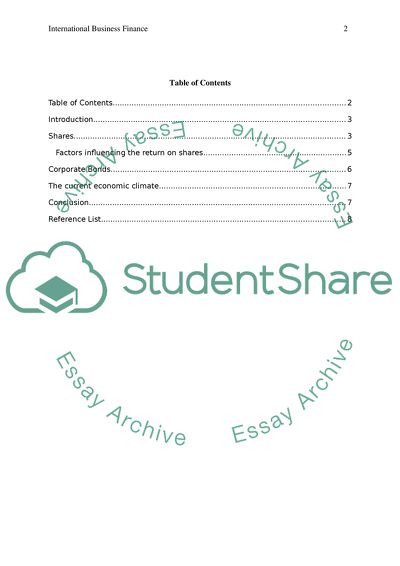Cite this document
(International Business Finance Essay Example | Topics and Well Written Essays - 1500 words, n.d.)
International Business Finance Essay Example | Topics and Well Written Essays - 1500 words. https://studentshare.org/finance-accounting/1825617-international-business-finance
International Business Finance Essay Example | Topics and Well Written Essays - 1500 words. https://studentshare.org/finance-accounting/1825617-international-business-finance
(International Business Finance Essay Example | Topics and Well Written Essays - 1500 Words)
International Business Finance Essay Example | Topics and Well Written Essays - 1500 Words. https://studentshare.org/finance-accounting/1825617-international-business-finance.
International Business Finance Essay Example | Topics and Well Written Essays - 1500 Words. https://studentshare.org/finance-accounting/1825617-international-business-finance.
“International Business Finance Essay Example | Topics and Well Written Essays - 1500 Words”. https://studentshare.org/finance-accounting/1825617-international-business-finance.


